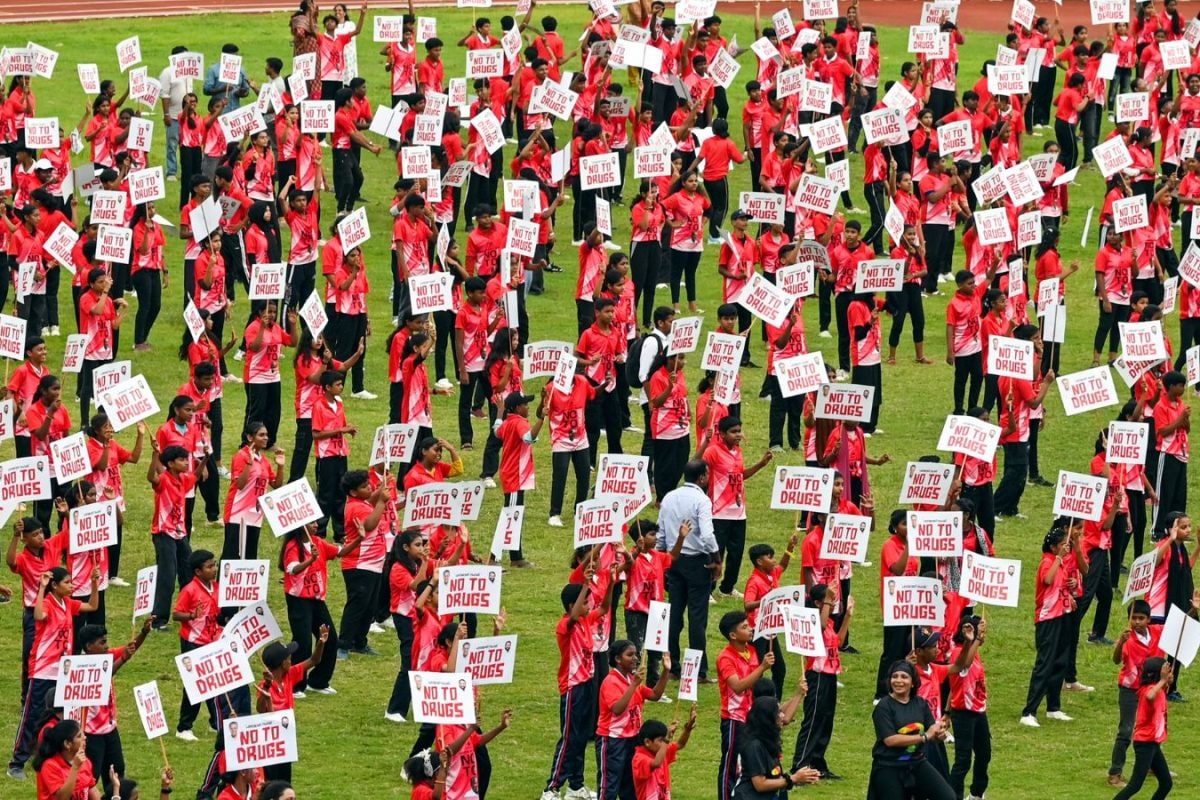

Zumba is a fitness program that combines cardio and Latin-inspired dance. It integrates Latin music with choreographed dance movements, creating an engaging aerobic workout. Zumba was founded in the 1990s by Colombian dancer and choreographer Alberto "Beto" Perez. The story goes that Perez accidentally forgot his usual aerobics music one day and instead used cassette tapes of Latin dance music (salsa and merengue) for class. He began integrating this music and dancing into his classes, calling it "Rumbacize". In 2001, Perez partnered with Alberto Perlman and Alberto Aghion to officially launch Zumba, releasing a series of fitness videos. The word "Zumba" was chosen because of its similarity to "rumba", the Cuban musical genre.
Today, Zumba is a global phenomenon. It is a trademark owned by Zumba Fitness, LLC. There are currently 200,000 locations in 180 countries, with 15 million people taking classes weekly. The program has evolved over time to include various music and dance styles.
Zumba offers a full-body workout that can improve cardiovascular fitness, strength, and flexibility. The choreography includes a variety of moves such as squats, lunges, and arm movements, which work multiple muscle groups. The high-energy, fast-paced nature of the class also means that it burns a significant number of calories, making it an effective weight loss tool. A 39-minute Zumba class can burn an average of 9.5 calories per minute. Zumba can help build endurance. Studies have shown that after several weeks of Zumba, participants showed a decreased heart rate and systolic blood pressure. Zumba can also improve participants' body weight and blood pressure.
Beyond the physical benefits, Zumba also offers mental and social advantages. The combination of exercise and dance causes the brain to release endorphins like serotonin, which can make you happier. Exercise can also help alleviate stress, anger, or anxiety. The Zumba class culture is all about positivity and inspiring others to have fun and achieve their fitness goals. Zumba is also a great way to improve coordination and balance. The group setting of the class makes it a great way to meet new people and make friends.
There are various types of Zumba classes available. Aqua Zumba takes the Latin dance craze to the pool, making it perfect for those with lower-extremity injuries or needing low-impact exercise. Zumba Kids Jr. is modified for 4- to 6-year-olds and is positioned as a "dance party". Zumba Step adds an aerobic step to increase the intensity of the workout and add more leg-strengthening moves. Zumba Gold is tailored to older active adults, with dance moves modified to be low-impact and easier on the joints. Zumba Toning adds light weights to the Zumba workout to help strengthen specific areas.
Recently, Zumba has found itself at the center of a controversy in Kerala, India. The Kerala government introduced Zumba classes in schools as part of an anti-drug campaign. However, certain Muslim groups have protested, claiming that the initiative contradicts their moral and cultural values. Some have argued that Zumba is against Islamic precepts. Abdussamad Pookkottur, state secretary of the Samastha Kerala Sunni Yuvajana Sangham (SYS), voiced his disapproval in a Facebook post, asserting that "Zumba dance is against moral values" and urging parents to reconsider the program's influence. T.K. Ashraf, General Secretary of the Wisdom Islamic Organisation, stated that he opted out of implementing the program as a teacher and would not allow his son to participate, criticizing the program's alleged promotion of "a culture where boys and girls, wearing minimal clothing, dance together to the rhythm of music".
Despite the opposition, the Kerala government has stood firm on its decision to continue the Zumba sessions. Education Minister V. Sivankutty has dismissed the objections as rooted in outdated ideology and emphasized the program's role in promoting mental and physical well-being. He stated that students are free to choose not to attend Zumba classes and that attendance is not linked to marks or academic performance. The government maintains that the Zumba sessions are intended to support students' mental health and steer them away from drugs by offering positive, healthy alternatives.